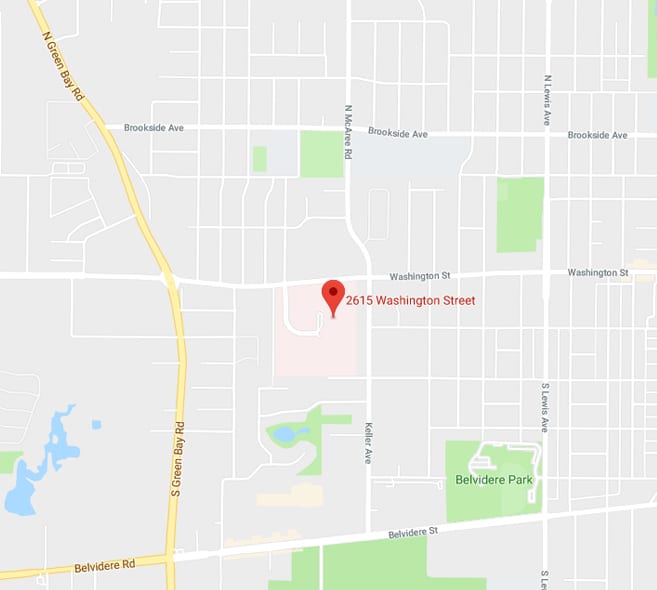Lake Behavioral Hospital Celebrates Mental Health Pioneers in Black History
Culture is sustaining. Where we come from and the social mores of those who raised us creates a history for us. In America, and important to the time we live in now, is the idea that the culture and history each of us brings into our families, our places of work, and our communities is a beautiful blend of the best of all of us. Black History Month is an amazing celebration of the black culture and contributions of a broad base of people of color. From the Caribbean to the UK, to Africa, and the United States, Black History Month, the month of February, was so designated because it coincides with the birthdays of President Abraham Lincoln and Frederick Douglas. Both men, in their own way, worked to abolish slavery.
At Lake Behavioral, Chicago Behavioral and Silver Oaks, the deep traditions of our hospital system lies in healing and offering hope to those who are challenged with mental illness. The field of mental health has been enhanced and is yet another arena where history is rich with African American men and women who contributed to healing and hope for all people. Their advancements shine through the darkness of the stigma they lived to reduce a stigma associated with diseases of the brain-mental illness.
We are proud to celebrate Black History Month by featuring African American pioneers in mental health. Here are just a few:
- Solomon Fuller (1872-1953): Dr. Fuller was the very first African American psychiatrist recognized by the American Psychiatric Association. His work explored and changed the very foundation of knowledge relative to neurodegenerative brain diseases; specifically, Alzheimer’s. His work also included studies on schizophrenia and manic depression.
- Francis Sumner is referred to as the Father of Black Psychology. He was the first African American to be conferred with a PhD in psychology.
- Inez Beverly Prosser (1897-1934): She found her passion as a PhD in psychology, and studied self-esteem among African American middle school children.
- Herman George Canady (1901-1970): He explored social bias in IQ testing and in a multitude of segregation and employment discrimination cases he served as an expert witness for the NAACP.
- Mamie Phipps Clark (1917-1983) and Kenneth Bancroft Clark (1914-2008): They were most recognized for the “Doll Test” whereby the psychological toll of segregation on African American children became evident. This groundbreaking study lead to the declaration of segregation of schools to be unconstitutional.
- Moxie Clarence Maultsby, Jr. (1932-2016): He is the founder of Rational Behavior Therapy.
- Joseph L. White (1932-2017): This African American challenged mainstream psychology by identifying discriminatory practices and finalized the important and deserved representation of black clinicians in the American Psychological Association.
- Robert Lee Williams (1930-2020): His work included the Black Intelligence Test of Cultural Homogeneity and he penned the term ”Ebonics”.
- Beverly Daniel Tatum (1954-present): President of Spellman College until 2015, Ms. Tatum studied racial identity and race in education.
The efforts of the African American men and women listed here is just a sampling of the contributions made in our society to end stigma for a culture and for those with mental health conditions. The month of February marks Black History Month. It is a testament for how the richness of culture has created a meaningful impact and a strengthening for all people through the exploration of mental illness.
Article written with information about these pioneers in African American History from Alexis Anderson and Barry Wallace, Jr.




